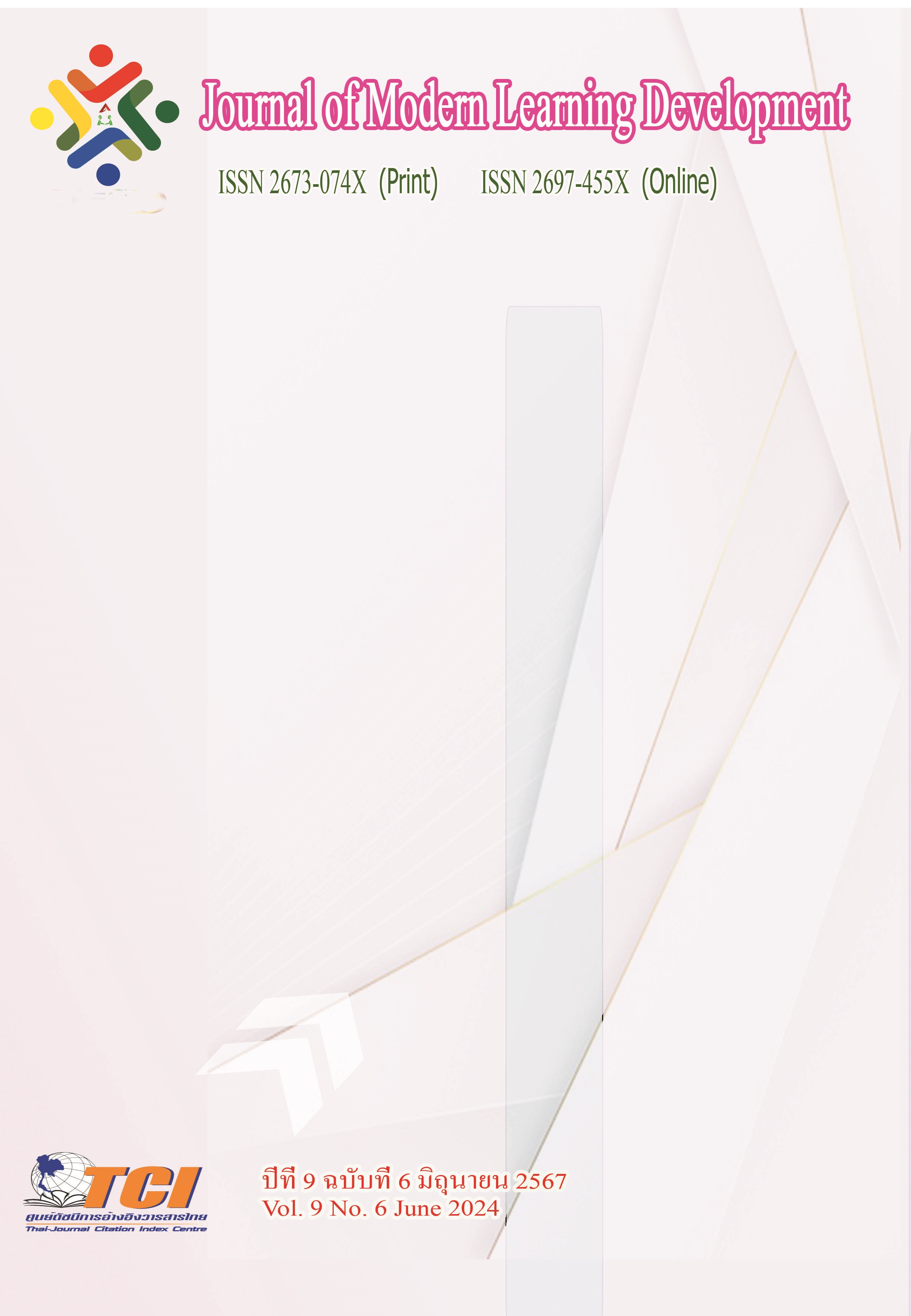Corporative Performance Gap, CEO Characteristics and Corporative Strategic Change
Main Article Content
Abstract
Based on the resource-based theory and the high ladder team theory, this paper analyzes the relationship between corporative performance gap and corporative strategic change by taking A-share listed companies in Shanghai and Shenzhen from 2009 to 2020 as samples, and discusses the moderating effect of CEO characteristics on the relationship. The results show that the performance gap has a significant positive correlation with the strategic change, that is, the greater the performance gap, the greater the degree of strategic change; The academic background of CEOs has a significant positive moderating effect on the performance gap and the strategic change respectively, and the tenure of ceos has a significant negative moderating effect on the performance gap and the strategic change respectively. The financial work background of ceos has no significant influence on the relationship between the performance gap and the strategic change. This study is helpful for enterprises to carry out strategic reform and adjustment from the resource-based perspective, and also helps enterprises to understand the performance of senior managers when there is a gap in corporative performance, so as to provide references for corporative governance.
Article Details
References
Liu, Haichao and Li, Yuan (2009). The environmental relativity criterion of the effectiveness of firm strategy change: a comprehensive empirical view. Journal of Management Science. (04), 35-41.
Wang Tienan, Chen Tao, Jia Rongxia (2010). An empirical study on the influence of organizational learning and strategic flexibility on firm performance. Journal of Management Science. (07), 42-59.
Yang Yan, Chen Yijie, Chen Shou (2015). The impact of strategic change on firm performance: Based on the moderating role of monetary policy. Management Review. (01), 66-75.
Lian Yanling, He Xiaogang (2015). CEO openness, strategic inertia and organizational performance: An empirical analysis of listed companies in China. Journal of Management Science. (01), 1-19.
Yun Jiang, Ning Xin (2020). "Young and promising" or "old and strong"? -- CEO career focus and strategic change. Economic Management. (06), 135-152.
Lian Yanling, Zhou Bing, He Xiaogang, Wen Danwei (2015). Business expectations, management autonomy and strategic change. Journal of Economic Research. (08), 31-44.
Wu Xiaozhu, Chen Xiaomei, Wang Xiuqiong and Wang Xueli (2021). The impact of performance expectation gap on the entry mode of Chinese enterprises in cross-border M&A. Journal of Management. (04), 502-511+520.
Hambrick, D. C., & Mason, P. A.. (1984). Upper echelons: the organization as a reflection of its top managers. Academy of Management Review. 9 (2), 193-206.
Tihanyi L, Ellstrand A E, Daily C M,Dalton D R.(2000). Composition of the top management team and firm international diversification. Journal of Management. 26 (6), 1157-1177.
Shen, W., & Cannella Jr, A. A. (2003). Will succession planning increase shareholder wealth? Evidence from investor reactions to relay CEO successions. Strategic management journal. 24 (2), 191-198.
Wang Jue, Zhu Jigao (2018). Can labor protection promote innovation among highly educated employees? -- Empirical research based on A-share listed companies. Management World. 34 (3), 139-152.
Shipilov, A., & Danis, W.. (2006). TMG social capital, Strategic choice and firm performance. The European Management Journal. 24 (1), 16-27.
Jiang Fuxiu, Huang Jijiang, Li Fengye, Ren Mengjie (2012). Who chose the CEO with financial experience?. Managing the World. (02), 96-104.
Shi Beibei, Chen Gan, Yang Xiaotong. (2019). Are CEO's with financial backgrounds' conservative '? -- Based on the perspective of enterprise innovation. Research in Economics and Management. (11), 129-144.
Xiong Sisi, Yan Huan, Xiao Weiguo. (2022). CEO financial experience and company innovation. Chinese Certified Public Accountants. (11), 40-46.
Liu, Ya-Wei, Zhang, Zhaoguo. (2016). Research on equity balance, chairman tenure and investment crowding. Nankai Management Review. (01), 54-69.
Zhong Xi, Song Tiebo, Chen Weihong and Weng Yimin. (2019). CEO tenure, executive team characteristics and strategic change. Foreign Economy and Management. (06), 3-16.
Musteen, M., Iii, V. L. B., & Baeten, V. L. (2006). CEO attributes associated with attitude toward change: the direct and moderating effects of CEO tenure. Journal of Business Research. 59 (5), 604-612.
Hoskisson, R. E., Chirico, F., Zyung, J. (Daniel), & Gambeta, E. (2017). Managerial Risk Taking: A Multitheoretical Review and Future Research Agenda. Journal of Management. 43 (1), 137-169.
Chen Weihong, Zhong Xi, Song Tiebo (2018). Management expectation gap, board characteristics and strategic change. Soft Science. (02), 76-79.
Zhang, Y., & Rajagopalan, N. (2010). Once an outsider, always an outsider? CEO origin, strategic change, and firm performance. Strategic Management Journal. 31(3), 334-346.
Ye Kangtao, Zhang Shanshan and Zhang Yixin (2014). Corporate strategy difference and value relevance of accounting information. Accounting Research. (05), 44-51+94.
Lian Yanling, He Xiaogang, Gao Hao (2014). Performance expectation gap and corporate strategy adjustment: An empirical study of listed companies in China. Management World. (11), 119-132+188.
Shao Dong (2021). Research on the relationship between CEO background Characteristics, Enterprise Innovation and Performance [Doctoral Dissertation, Jilin University], Master and Doctoral Dissertation Network.


